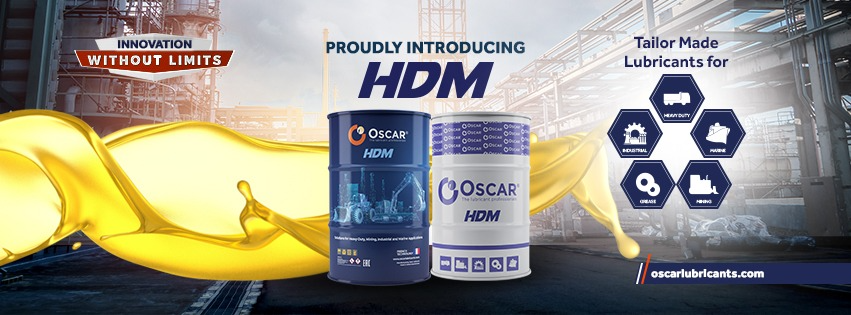
Which type of oil is better for your machinery – synthetic lubricant or conventional oil? Lubrication plays a major role in keeping engines, compressors, and industrial equipment running smoothly. Choosing the right type of oil affects performance, efficiency, and maintenance costs. Synthetic lubricants and conventional oils each have their advantages, and knowing their differences helps in making the right choice for various applications.
Composition and manufacturing process:
Conventional oil, also known as mineral oil, is derived from crude oil and undergoes a refining process to remove impurities. While it provides basic lubrication, it still contains natural variations that may impact performance under extreme conditions.
Synthetic lubricants, instead, are engineered through chemical processes to create uniform molecules with improved properties. This result in better stability, reduced impurities, and improved performance in high-pressure and high-temperature environments.
Performance at high and low temperatures:
One of the biggest advantages of synthetic lubricants is their ability to perform well in extreme temperatures. Conventional oil thickens in cold conditions, making it harder for machinery to start. It can also break down more quickly in high temperatures, reducing its effectiveness.
Synthetic lubricants maintain their viscosity in both hot and cold conditions. This ensures smooth operation during cold starts and provides consistent protection in high-temperature applications, reducing wear and tear on machinery.
Oxidation and sludge formation:
Over time, conventional oil tends to break down due to oxidation, leading to sludge buildup and reduced efficiency. This can clog engine or machinery components, increasing maintenance essentials and reducing the lifespan of the equipment.
Synthetic lubricants have higher oxidation resistance, preventing sludge formation and keeping the system clean for a longer time. This helps extend oil change intervals and improves overall performance.
Wear protection and longevity:
Friction between moving parts can cause wear and damage over time. While conventional oil provides a basic level of lubrication, it may not be as effective in high-stress conditions.
Synthetic lubricants form a stronger protective layer, reducing friction and wear. This leads to improved durability of components and reduces the risk of mechanical failures. Additionally, synthetic lubricants last longer than conventional oils, meaning fewer oil changes and lower maintenance costs.
Both synthetic lubricants and conventional oils have their uses, but synthetic lubricants offer better performance, wear protection, and longevity. While they come at a higher initial cost, their long-term benefits make them a smart choice for demanding applications. Selecting the right oil ensures smooth operation and extends the life of machinery.


